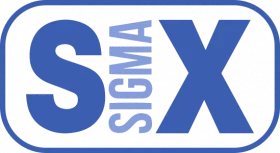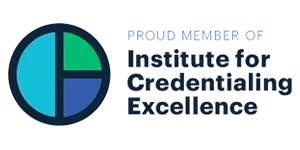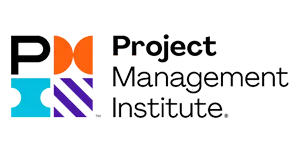Today’s post, contributed by Sarah Wenger shares with us her thoughts on electronic medical records and nursing informatics and how that can greatly improve the patient experience and personal health. Sarah is a writer and researcher for onlinenursingprograms.com, an online resource designed to help prospective and current nursing students plenty of information about selecting a program and entering the field. In light of a growing fear of a future nurses shortage, it is necessary to encourage more professionals to enter the field all the while understanding how nurses spend their time, discussed by this site in September 2010, and what can make them more efficient in a society increasingly dependent on these trained professionals.
For decades, professionals in the field of health informatics, which is an advantage of electronic medical records, have sought to improve efficacy of healthcare systems using technology and the growing ability to manipulate data. Today, the prevalence of online platforms and communication has led to a push for electronic databases that will allow practitioners instant access to patient records, clinical guidelines and medical terminology. Informatics proponents believe that widespread use of these web-based resources would greatly enhance the relationship between patients and caregivers while reducing errors and wait times.
The overriding goals of medical informatics are expedient access to vital patient data when a conclusive medical decision is required and effective management of this data to ensure it remains confidential. The sub-field of nursing informatics specializes in data related to patient care, such as medication dosage, lab test results, allergies, and other specific information about the patient. Nursing informatics can also be used to design individual care plans based on biometric patient data and apply immediate changes to these plans when required. In theory, effective nursing informatics benefits patients by providing a streamlined healthcare process and made more effective through practice management software, and allows nurses to perform their duties to the fullest extent at a faster pace.
Nursing informatics has many advantages. A centralized data system ostensibly removes the need for constant (and often redundant) communication between physicians, pharmacists and healthcare providers. An electronic platform also ensures that information is accurate and up-to-date. On the other hand, critics have noted disadvantages of informatics systems. One downside is hidden costs; employees that require specialized (possibly academic) training will be required to create an efficient electronic database. Confidentiality is another concern; many have reservations about databases full of sensitive patient information that thousands of people have access to and could potentially be hacked. The mitigation of these problems is necessary to implementing widespread use of nursing informatics systems.
However, these shortcomings have not hindered employment growth in the informatics field; the US Bureau of Labor Statistics estimates the medical and health services management sector will grow by 22 percent between 2010 and 2020. In recent years, nursing informatics has become a popular academic route as well. Today, many undergraduate-level informatics programs are available to students. For instance, the University of Minnesota’s NI program incorporates computer science, statistical analysis, health policy, medical ethics and leadership; the program also allows students to participate in numerous field exercises. The University of Cincinnati’s Nursing and RN Technology program incorporates humanities and science courses in equal measure, supplementing classroom studies with weekly clinical activities at local facilities. As nursing informatics practices have become more prevalent in recent years, many hospitals and clinics have financed undergraduate informatics degree programs for nursing employees.
Graduate programs are also offered at several prominent institutions. New York University’s MS in Nursing Informatics program included practicum opportunities at Mt. Sinai Medical Center, Memorial Sloan Kettering and other area facilities. And for students who wish to earn a nursing informatics graduate degree online, the University of Maryland School of Nursing (UMSON) offers one such program; students coordinate practicum opportunities with local medical centers and facilities that are approved by UMSON administrators. Duke University also offers a distance-based informatics graduate program, which emphasizes clinical informatics applied in the real world and concludes with a generalist exam administered by the American Nurses’ Credentialing Center.
Today the informatics field is more popular than ever, thanks to the rising number of academic programs and projected growth in related employment sectors. As more hospitals shift to online recordkeeping and nurses are properly trained to manage various electronic data, the efficiency of contemporary healthcare stands to receive a generous boost in the coming years.








No responses / comments so far.